Michael Osterholm on learning from the COVID-19 pandemic
By Frederica Freyberg | Here & Now
August 18, 2023
Epidemiologist Michael Osterholm, director of the Center for Infectious Disease Research and Policy, considers the ongoing consequences of the COVID-19 pandemic on public health systems and policies.
VIDEO TRANSCRIPT
Frederica Freyberg:
The COVID pandemic is in the rear view for most of us, but is it? There's a new variant circulating and several counties in Wisconsin report high concentrations of the virus in wastewater right now. Still, it's nothing compared to the worst days over the last three years. Are we as a nation and a state prepared for the next pandemic? We turn to Dr. Michael Osterholm, formerly a Biden White House advisor on COVID for his take. And thanks very much for being here.
Michael Osterholm:
Thanks. Good to be back with you again.
Frederica Freyberg:
So you say it's not done with us yet. Why do you say that?
Michael Osterholm:
Well, first of all, I'm quite convinced that the big pandemic thrust that we saw from 2020 to 2023 is in fact the pandemic behind us. What we're really dealing with now is what will it look like going forward? Just like as if you have an influenza pandemic, it's a new virus, it causes real challenges for several years and then it basically adapts into the seasonal flu pattern. What we don't know with COVID yet is what it'll look like? Is it a seasonal virus? Well, right now it's occurring in all four seasons. So I guess you could say in that regard is seasonal. But does it look anything like the respiratory viruses like influenza or RSV we see? No. Do we see cases increasing in the summer? We have. We've seen 'em increase in the fall. So we're really unclear yet what this pattern's gonna look like. But it's very, very clear that the virus is still here with us.
Frederica Freyberg:
So you and fellow White House advisors wrote about your takeaways from the pandemic, including that as a nation we should prepare now for whatever might come next. But didn't our experience of COVID result in stockpiles of scientific knowledge, infrastructure, personal protective gear and all of that?
Michael Osterholm:
Well, you know, this is at best a very complicated topic. For example, you've mentioned respiratory gear. One of the challenges that we had is early on a number of us recognized that this virus was being spread by what we call the airborne route, just breathing air, air that would move through a large room. And yet we had many who continued to use surgical masks, the kind of masks that are not tight fitting around the face. And while they may have thought they were protected or that they were protecting others, they really weren't. And so we still have many hospitals that are using outdated respiratory protection gear, some three years after they should have switched to N95 respirators. So there we're not really prepared and we still have a lot of work to do. I think the other thing that really is challenging is that public health has, as a discipline, always relied on basically the trust of the people, the belief that in fact, you know we were doing what was right for the population to protect them against a, in this case, a virus. You know, we've lost a lot of the trust and the support of the public over the last several years because they felt like we were not being truthful when we should have said we don't know. We made statements that suggested we knew more than we did and then it turned out to be wrong. And so I think we have a lot of work yet to do for the next pandemic. And if I had to give you my best professional judgment I would say we're less prepared for a pandemic today than we were in 2019.
Frederica Freyberg:
It just doesn't seem possible that that's true with all of the efforts, including your own, that went into this during the worst days of the pandemic. But as to the public trust in public health, can that be regained?
Michael Osterholm:
Well, I think it can be regained but we have lessons to learn and we have to realize we're in a very different world today than we have been for the last 100 years with regard to how public health is viewed. I mean, we need to look for no further than our political climate today in this country to understand the distrust, the mistrust in so many establishments or institutions of our society. And that is really a crisis. When somebody says you must evacuate now, you must get out now, that is not up for discussion or debate but people only do that if they trust that what you're telling them is true. Now, we don't have to evacuate for a pandemic, but we want for example, people to get vaccinated. In this country, only 42% of the people who are at high risk for serious illness, hospitalizations or deaths got the booster dose over the last year. And I think with the new booster doses coming out in the next few weeks, an even smaller percentage of those who are at risk for serious illness are gonna get vaccinated. Why is that? Why would someone not take a life-saving, and if nothing else, at least reduce your risk of serious illness vaccine? What have we done that has led people to not want to get those? So I think we still have a lot of work to do and to understand that and I keep saying time and time again, the first and most important lesson we should have learned is the critical, critical nature of humility. What do we know? What do we don't know? What we know, how do we know it, and what we don't know, what are we gonna do to find out? And so I think that that still is a major lesson that we should all take home from this pandemic.
Frederica Freyberg:
I don't have much time left, but I do wanna ask you about another of your important takeaways. And that was that schools should not be shut down except in rare cases. But I ask was not the COVID pandemic a rare case?
Michael Osterholm:
Well, first of all, what we have to understand is we dealt with really in many ways, many different viruses throughout the course of the pandemic. What I mean by that they were all the SARS-CoV-2 virus. But in the early days of the pandemic, kids were actually only rarely really infected or they very rarely ever get really sick. In the first year of the pandemic, less than a hundred children in this country under age 17 died again, tragic that. But in year two and three, the viruses changed. We saw Alpha emerge, we saw Delta and Omicron and kids now suddenly were at risk. And we saw upwards of 900 deaths a year in each of the second and third year of the pandemics. And yet people kept extrapolating data back to the first year. So my message has always been is we should be basing it what we do on data. Are we seeing infections in schools? If so, we may need snow days, we may need to take some time off to let the virus in the community basically come down some. But where we don't see evidence of ongoing widespread infection then we shouldn't be closed down. And what we did is just put in blanket, do this or do that without really understanding how we had to react to what was happening in the community. What are the data support? So in the period of 2022, early 2023, I thoroughly supported closing schools with Omicron. We had up to half the teachers out sick. How do you provide education then? And of course, we worry about the kids. But in that first year of the pandemic, frankly having closed schools was not likely anything that provided additional protection for the community. So this is again, another very complicated message that public health has to get better at sharing. Why do we do what we do and why don't we do what we don't do?
Frederica Freyberg:
All right. Dr. Michael Osterholm, thanks very much.
Michael Osterholm:
Thank you.
 Passport
Passport




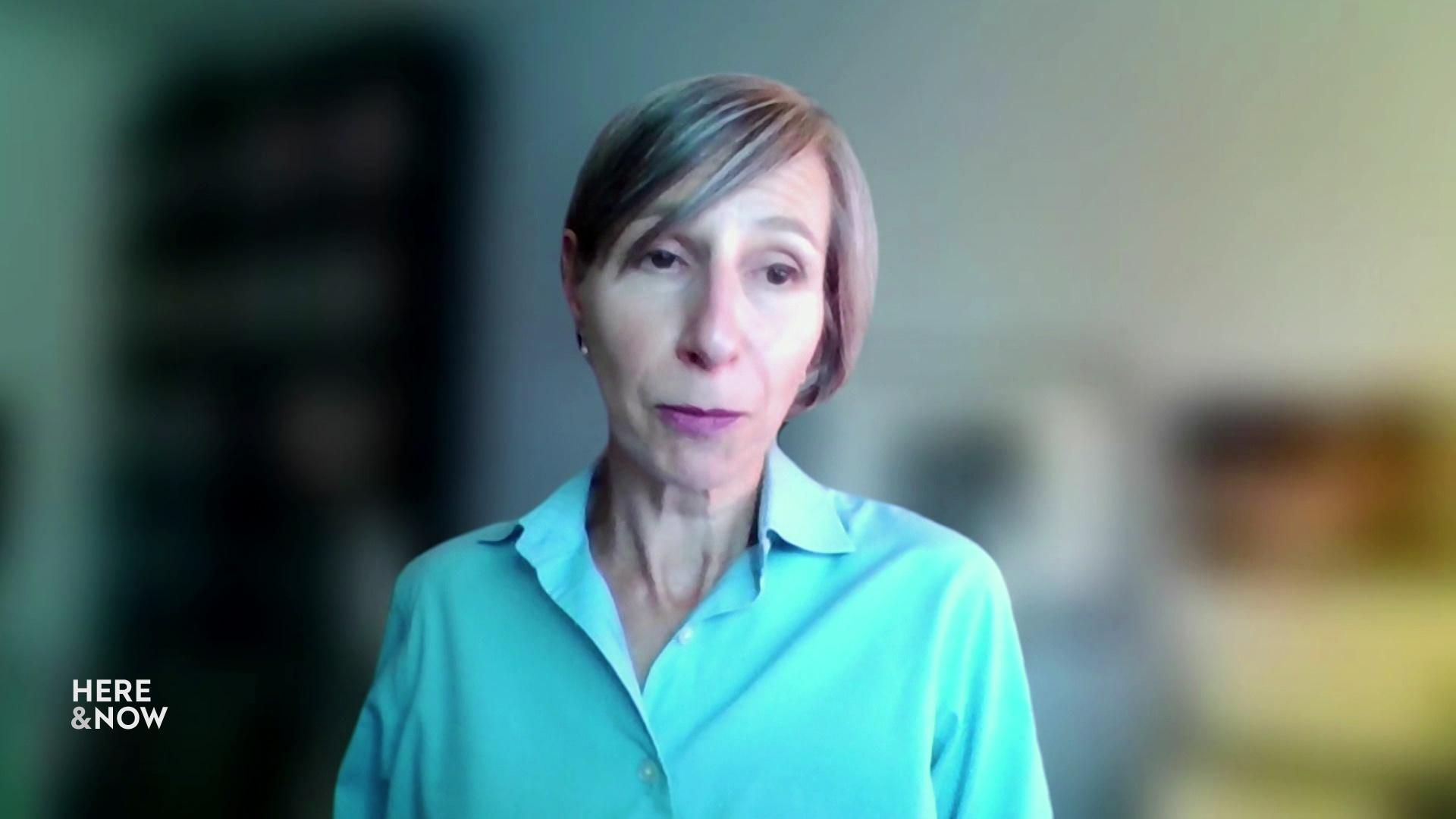
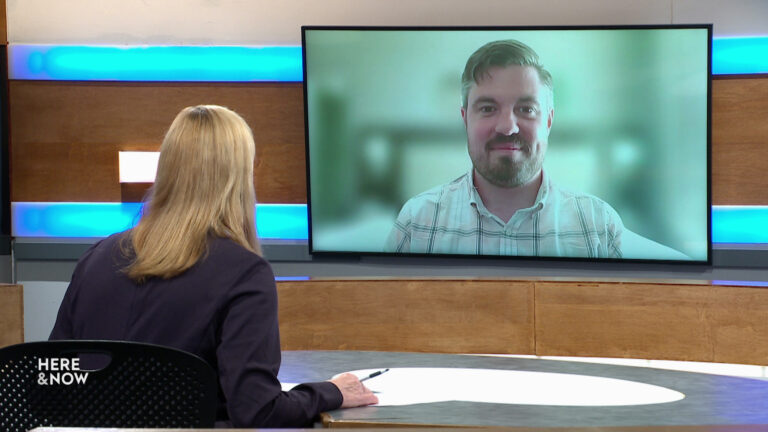
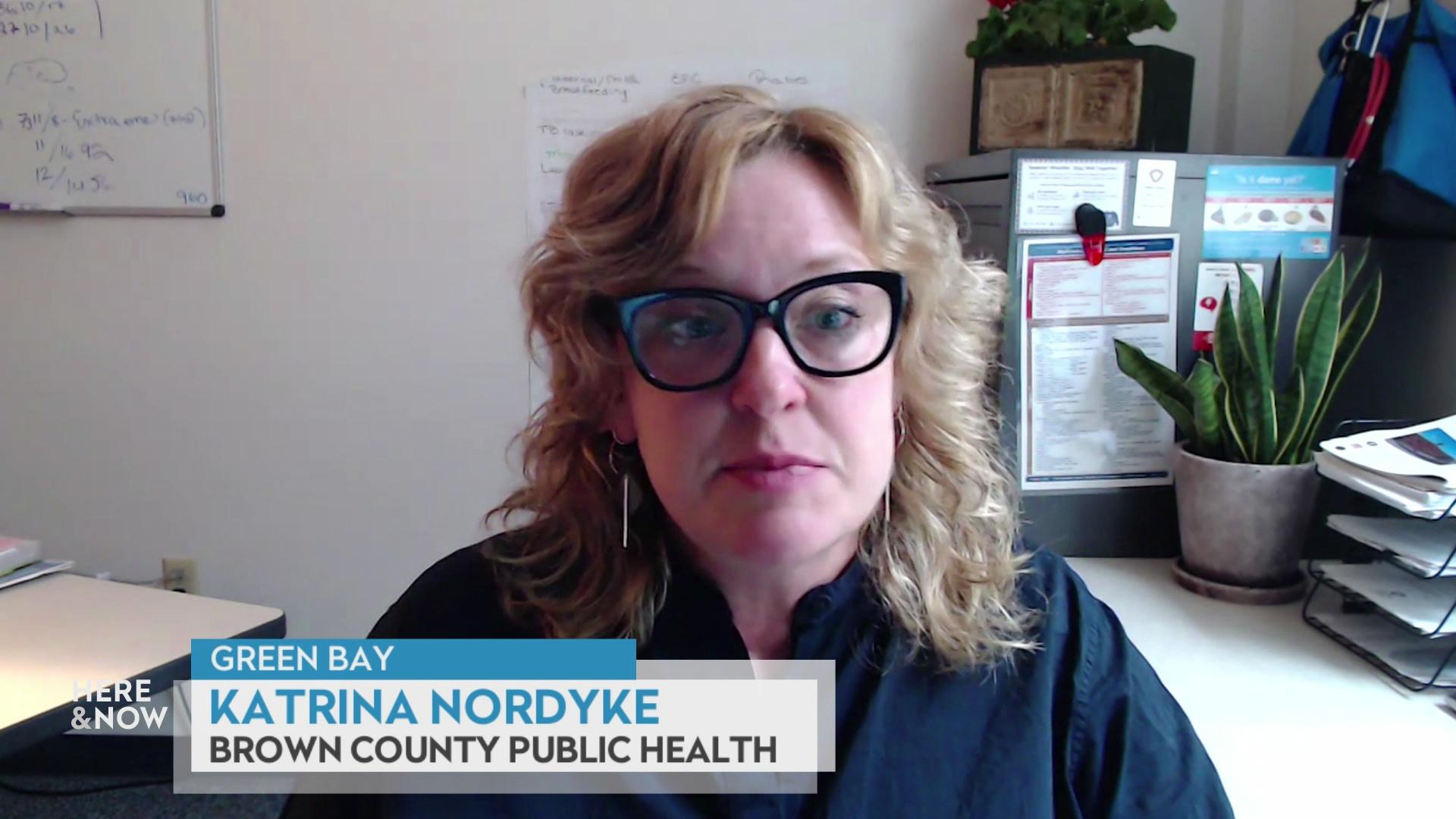
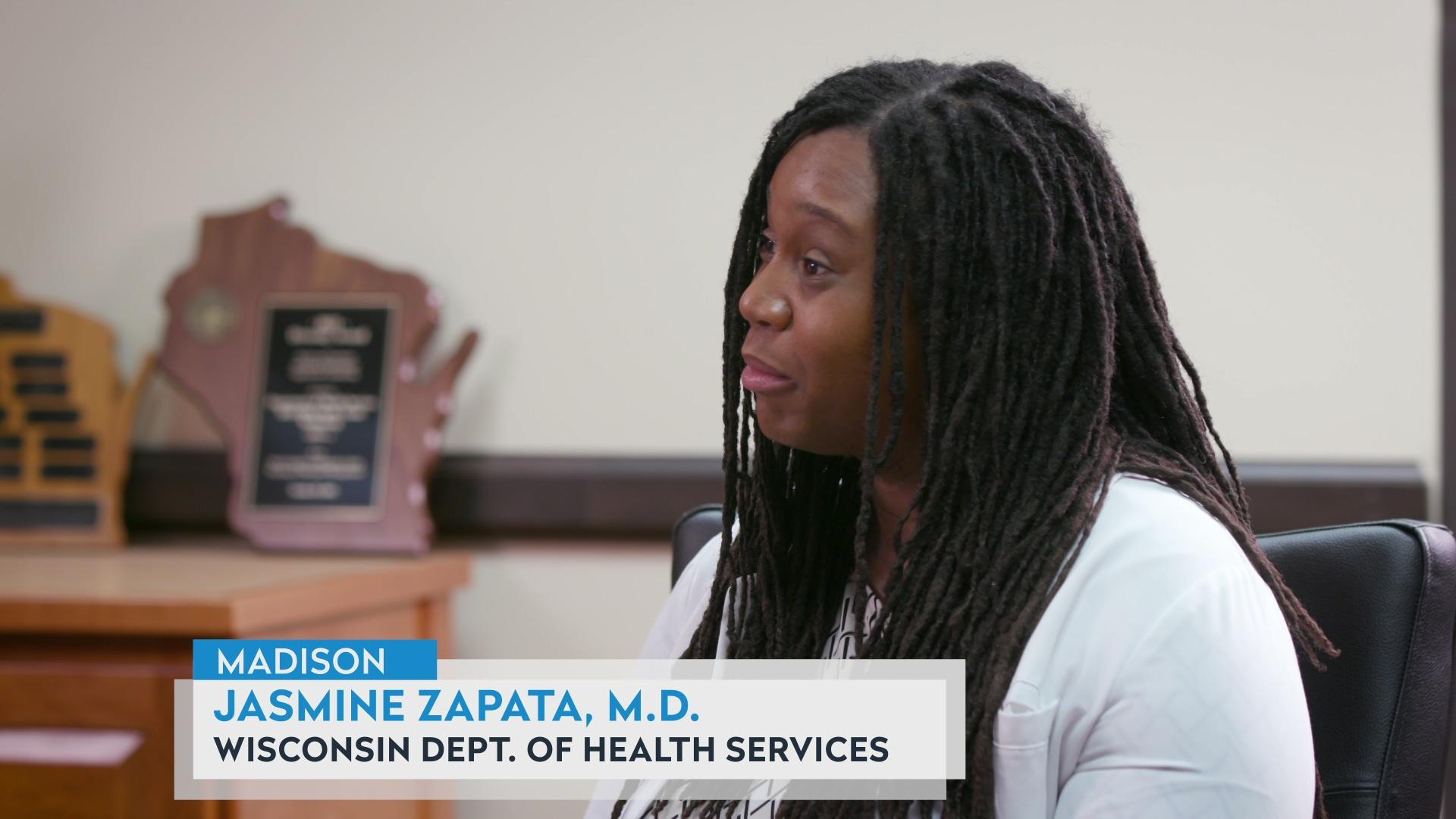
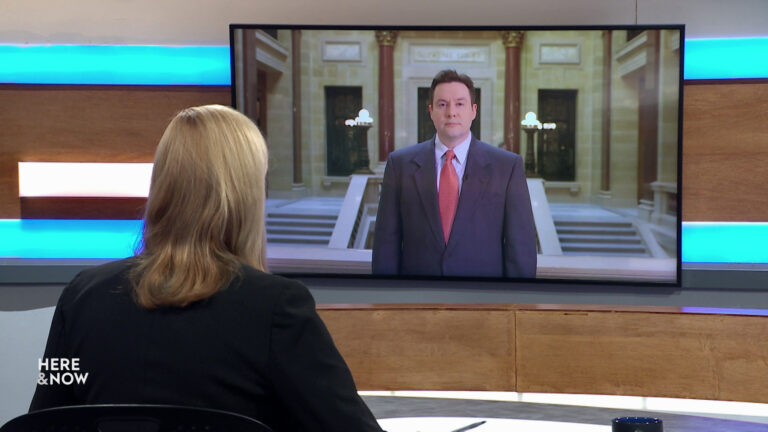
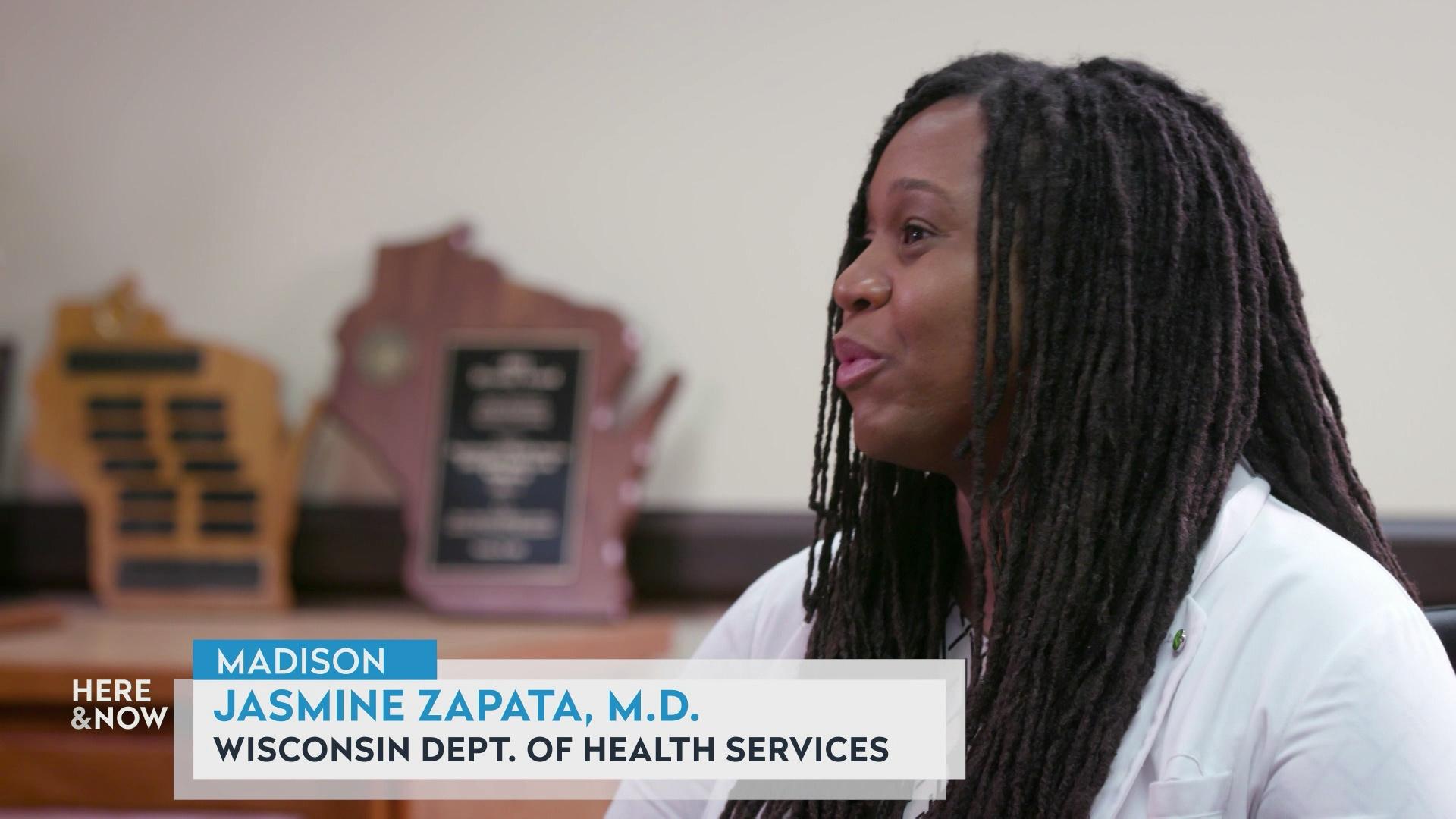

Follow Us